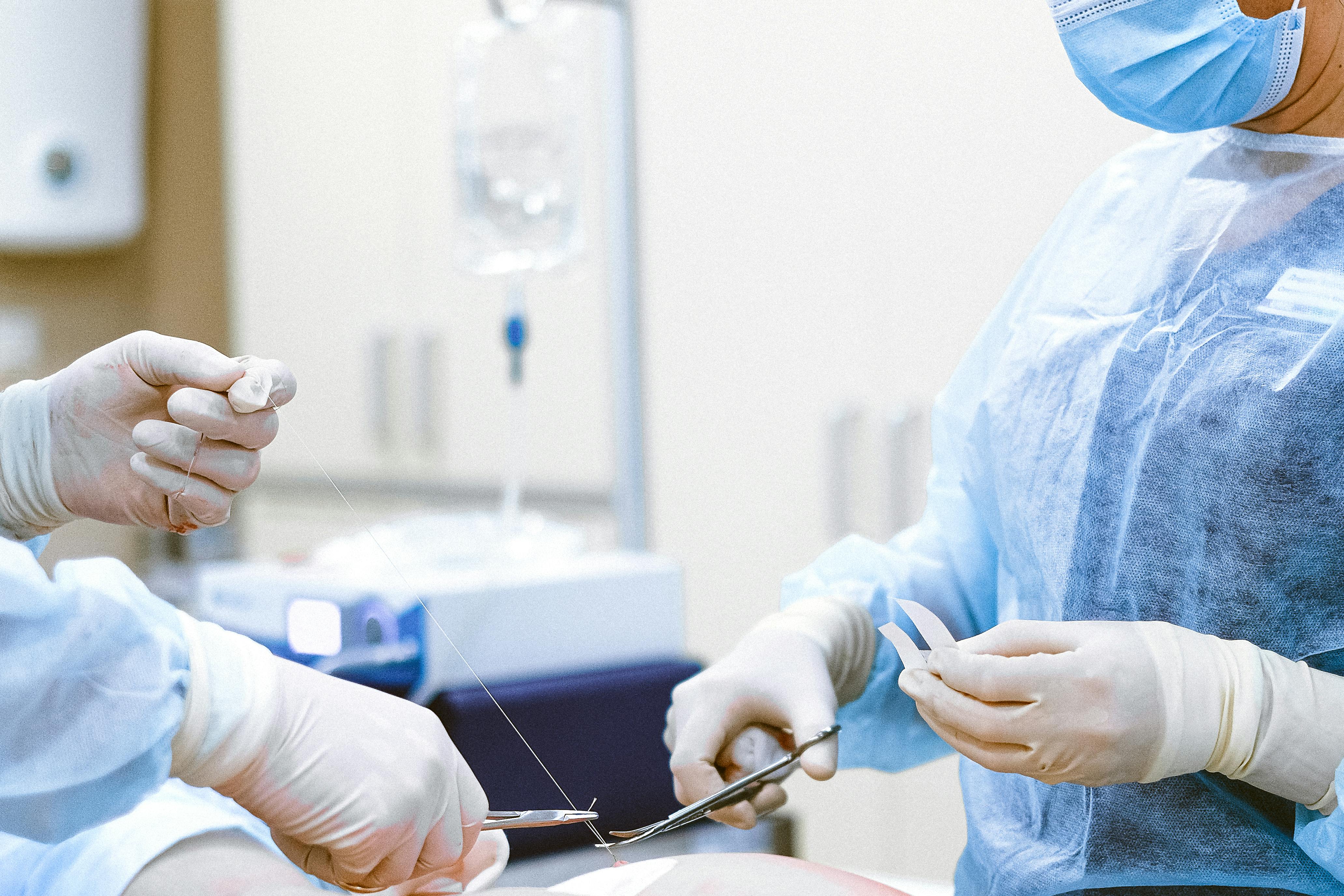Does Anesthesia Surgery Increase Risk of Dementia?

Key Points
What is general anesthesia vs. local anesthesia?

Does general anesthesia really increase the risk of dementia?
What factors affect cognitive recovery after surgery?
How do we weigh the pros and cons of surgery?
What can be done after surgery to minimize the risk of brain damage?
Most Popular Blog Posts



